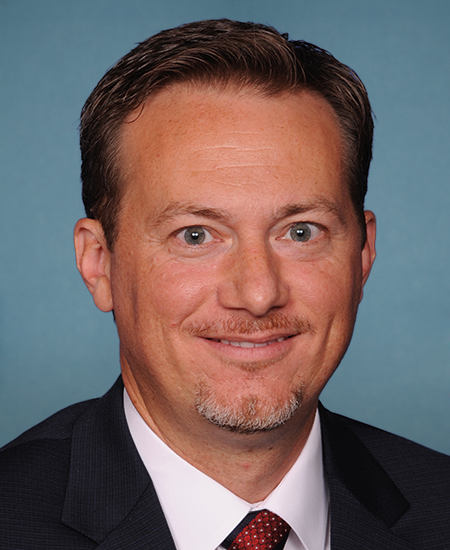
HB 503 No TikTok on United States Devices Act
US Congress 118th Congress
Loading body...
Bill Texts
Introduced 02/06/2023
Weigh In
No votes yet!
Cast yours now to be the first.
Votes for: 0 Votes against: 0
Spread the Word!
Sponsors (4)


